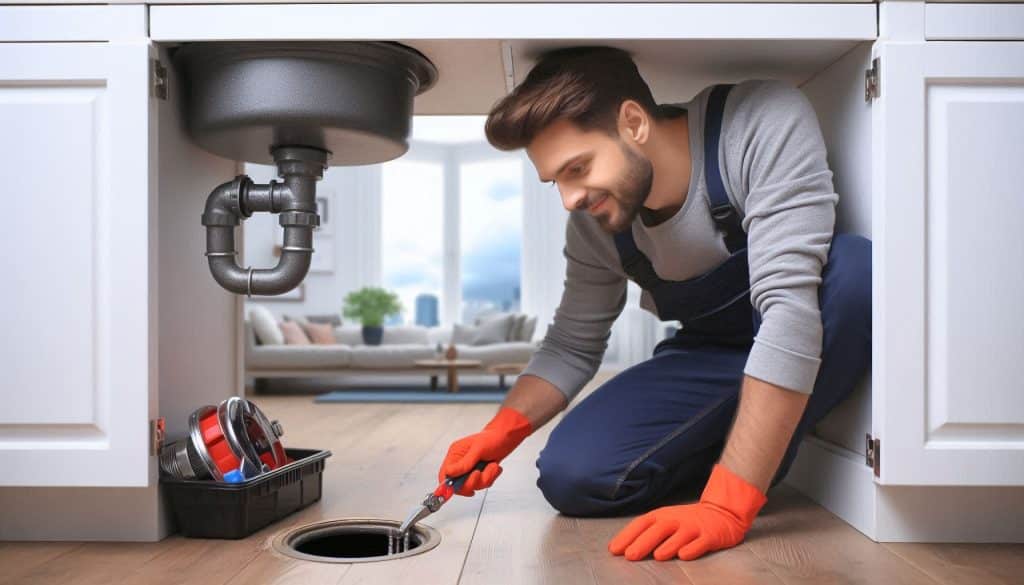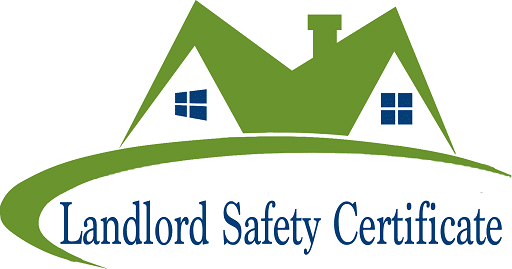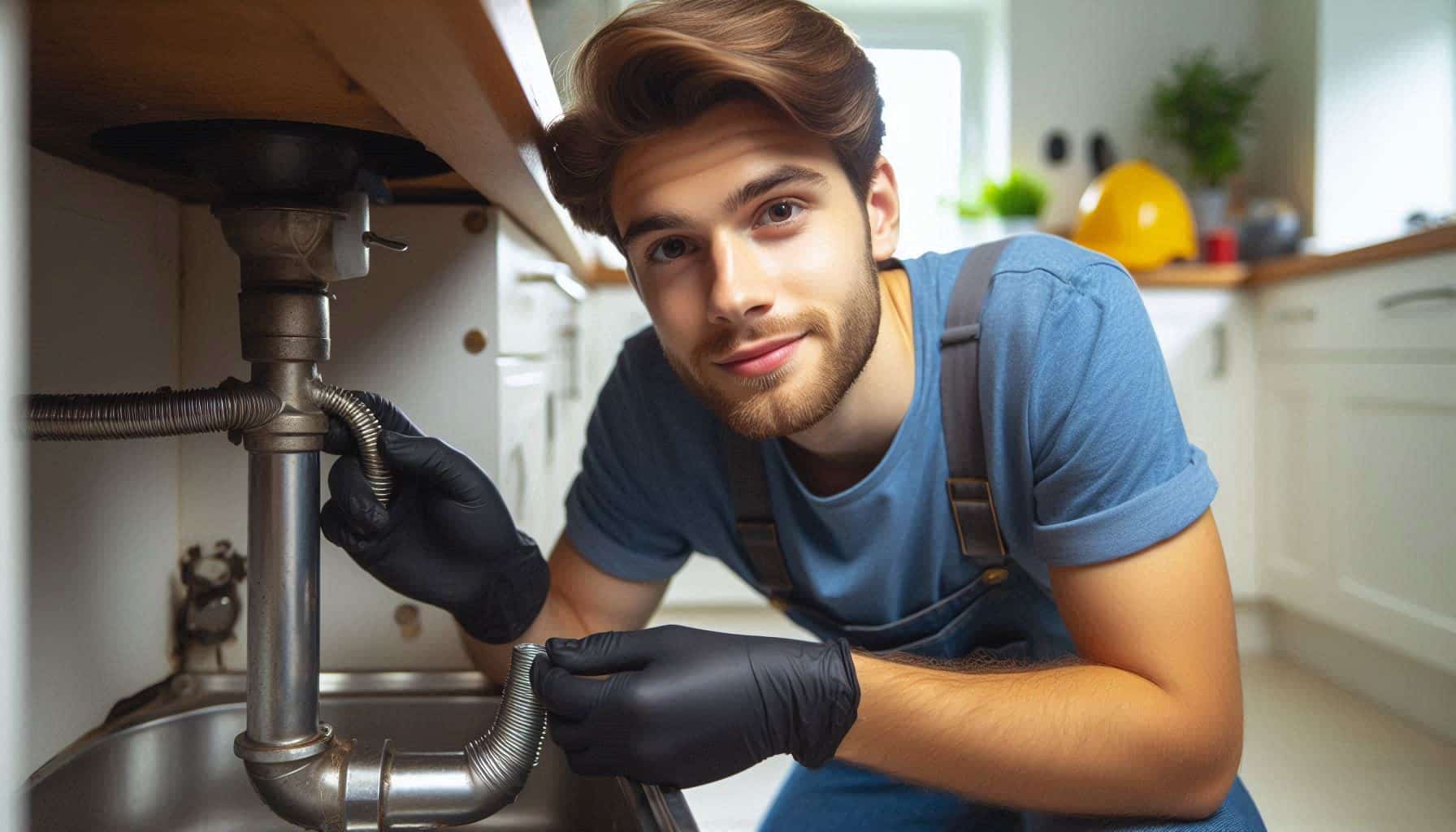
Plumbing issues are among the most common and disruptive problems in rental properties. In the busy London rental market, landlords must prioritise plumbing maintenance not just to avoid costly emergency repairs, but also to remain legally compliant and keep tenants satisfied. Whether you’re managing a flat in Camden or a terraced house in Croydon, effective landlord plumbing maintenance is essential to protect your investment and ensure long-term tenancy.
In this guide, we’ll cover key strategies for maintaining your rental property’s plumbing systems, the common issues you should look out for, legal obligations in the UK, and when to call in a professional. Understanding plumbing for rentals can save you thousands of pounds in future repairs and tenant disputes.
Plumbing systems in residential properties include everything from the water supply lines and drainage to heating systems and fixtures like taps, toilets, and water heaters. In London, where many properties are older and renovations vary in quality, proactive inspection and maintenance are key.
A well-maintained plumbing system includes:
• Reliable water pressure
• Efficient drainage
• No visible leaks
• Functioning water heaters and boilers
• Properly sealed and insulated pipes
As a landlord, understanding these basics will help you manage plumbing for rentals more effectively.
London’s ageing infrastructure means landlords frequently encounter plumbing problems. Some of the most common include:
• Leaky taps and pipes: Often caused by worn-out washers or pipe corrosion.
• Blocked drains: From grease build-up in kitchen sinks to hair clogs in bathrooms.
• Low water pressure: Could stem from a faulty pressure valve or sediment in the pipes.
• Boiler problems: Especially in winter, older boilers can fail without warning.
• Frozen pipes: In colder months, uninsulated pipes are at high risk.
Regular landlord plumbing maintenance can prevent these issues from escalating.
UK law requires landlords to maintain all plumbing systems in safe and working condition. According to the Landlord and Tenant Act 1985:
• Landlords must ensure the property’s plumbing, sanitation, and water heating systems are functional.
• Repairs must be made within a reasonable time once reported by the tenant.
• Tenants must have constant access to hot and cold water, as well as functioning sanitation facilities.
Failure to comply can lead to legal action, fines, or compensation claims. Staying up to date with your landlord plumbing maintenance responsibilities in London helps avoid these risks.
Preventative maintenance is the key to avoiding emergencies. Here are some actionable tips:
Implementing these simple measures will improve your plumbing for rentals and reduce long-term costs.
Despite your best efforts, emergencies can still happen. Here’s how to handle them:
• Major leaks or flooding: Shut off the water supply immediately and call an emergency plumber.
• Blocked sewage line: This is a health hazard and requires urgent attention.
• Boiler failure: Particularly in winter, arrange repairs within 24 hours.
• No hot water: Treat this as a priority repair under landlord responsibilities.
Having an emergency plumber on speed dial is a must for every London landlord.

For both routine checks and emergency fixes, use only certified and experienced plumbers. In London, this means:
• Checking for Gas Safe registration for boiler work.
• Reading online reviews and checking ratings.
• Getting multiple quotes for non-emergency work.
• Ensuring the professional has experience with rental properties.
Quality service ensures your landlord plumbing maintenance remains stress-free and reliable.
Effective landlord-tenant communication can significantly improve your plumbing maintenance efforts:
• Encourage tenants to report issues early.
• Offer a clear process for reporting maintenance problems.
• Respond promptly to all plumbing-related concerns.
• Provide basic information on how to shut off the water in an emergency.
Tenants who feel heard are more likely to care for your property and cooperate during repairs.
Sometimes a proactive upgrade is more cost-effective than frequent repairs. Consider:
• Installing water-efficient fixtures (dual-flush toilets, low-flow showerheads)
• Upgrading to modern boilers with smart controls
• Replacing lead or steel pipes with copper or plastic alternatives
• Adding a water softener in areas with hard water
These upgrades improve tenant satisfaction and increase the property’s value while enhancing your plumbing for rentals strategy.
Before new tenants move in, make sure you:
✅ Check for leaks and drips in all fixtures
✅ Inspect the boiler and water heater
✅ Ensure proper water pressure throughout the house
✅ Flush and clean drains
✅ Insulate any exposed pipes
✅ Provide tenants with emergency plumbing contact information
Regular upkeep and clear documentation protect both your property and your reputation as a responsible landlord in London.
Plumbing may not be the most glamorous part of property management, but neglecting it can lead to high costs and legal trouble. With the right landlord plumbing maintenance strategy, you’ll minimise disruption, improve tenant retention, and keep your investment in top shape. From daily checks to full system upgrades, understanding the ins and outs of plumbing for rentals ensures you stay ahead in the competitive London property market.
Invest in proactive maintenance — because when it comes to plumbing, prevention is always cheaper than a cure.

